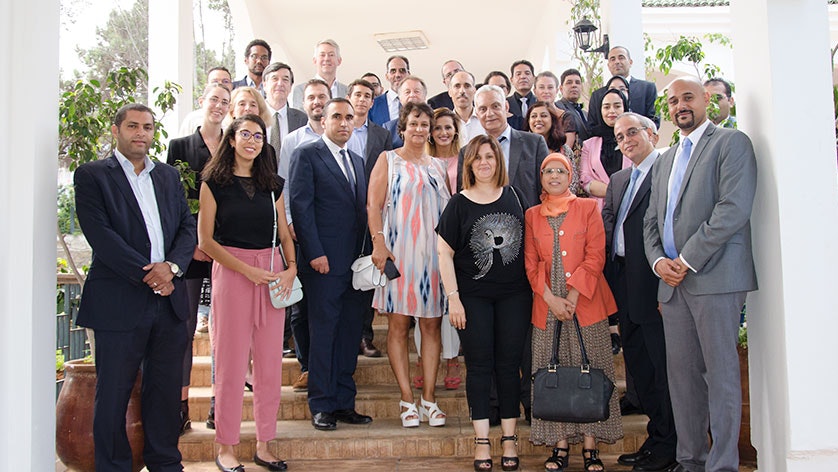Morocco and IEA co-host workshop on the future of clean cooking

Participants gathered in Rabat, Morocco for a two-day workshop on sustainable clean cooking (Photograph: AMEE)
Participants gathered in Rabat, Morocco for a two-day workshop on sustainable clean cooking (Photograph: AMEE)
Thank you for subscribing. You can unsubscribe at any time by clicking the link at the bottom of any IEA newsletter.